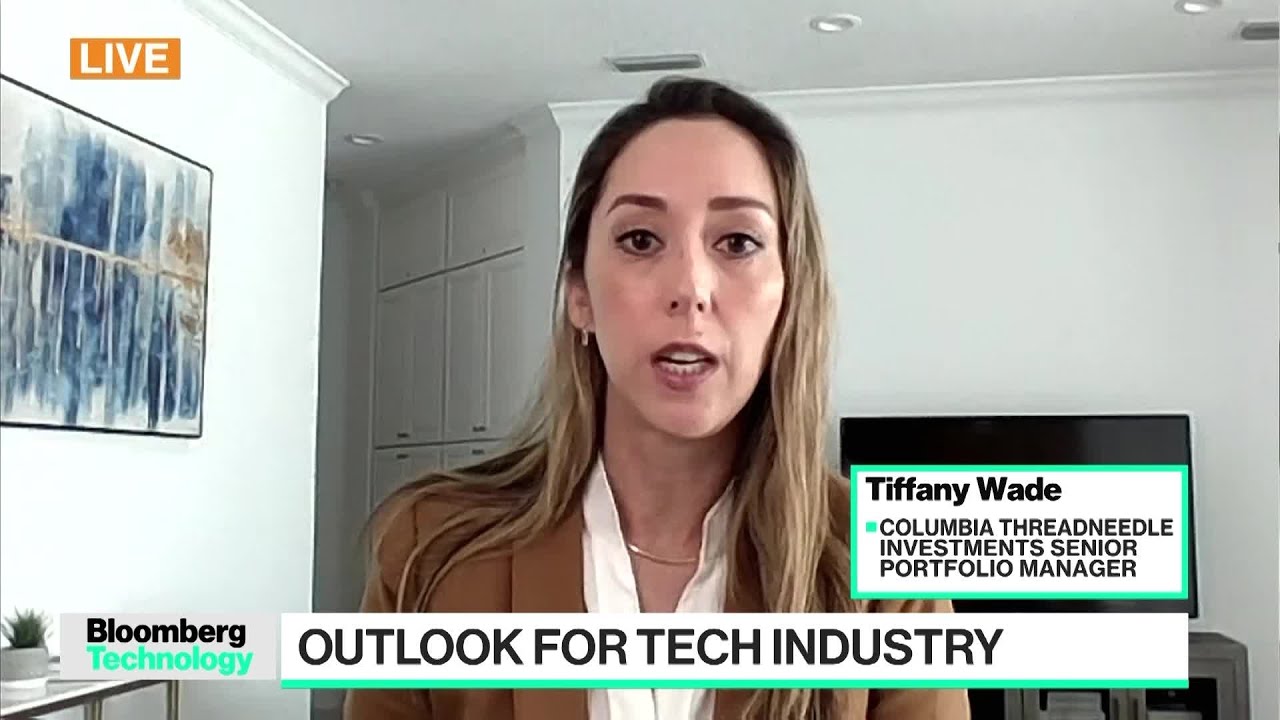Tiffany Wade from Columbia Threadneedle Investments discussed Palo Alto Networks’ strong recurring revenue despite a disappointing earnings outlook, while emphasizing the growing demand for AI-related services as major tech companies invest heavily in AI capabilities. She expressed confidence in the efficiency improvements of AI model training and the continued acceleration of cloud service adoption, driven by decreasing costs and enhanced processing capabilities.
In a recent discussion featuring Tiffany Wade from Columbia Threadneedle Investments, the focus was on the performance of Palo Alto Networks in the cybersecurity sector. Despite a 4% drop in shares following a disappointing earnings outlook, Wade noted that the overall metrics for Palo Alto were relatively strong, particularly in recurring revenue. However, concerns arose regarding their free cash flow guidance for the second half of the year, which disappointed some investors. Wade emphasized that Palo Alto’s platform approach to product sales has resonated well with customers, helping them consolidate spending amidst a backdrop of increasing cyber threats.
The conversation then shifted to the broader implications of artificial intelligence (AI) investments by major tech companies. Wade highlighted that investors are closely monitoring the capital expenditures (capex) of hyperscalers as they invest heavily in AI processing capabilities. She referenced Amazon CEO Jeff Bezos’s prediction that nearly every application will incorporate generative AI, underscoring the urgency for cloud providers to stay ahead of this trend. Wade believes that the demand for AI-related services will continue to grow as companies seek to manage large datasets effectively.
Wade also addressed the government’s role in supporting AI investments, particularly in light of recent announcements regarding the Stargate venture. While she acknowledged that the venture is a flashy initiative, she argued that significant capital investment in AI infrastructure was already underway. The formalization of these investments may accelerate spending, but much of it was anticipated to occur over the next decade regardless of the announcement.
Concerns about potential over-spending by hyperscalers were raised, but Wade reassured that current investments are justified. She explained that much of the spending is directed toward enhancing their own use cases and supporting customers developing AI tools. Wade expressed confidence that the adoption curve for AI will steepen as costs decrease, leading to increased demand for cloud services.
Finally, the discussion touched on the efficiency of AI model training, particularly in light of recent developments from DeepSeek. Wade acknowledged market concerns regarding the efficiency of model development but argued that improvements in established players like OpenAI and Anthropic have been significant. She suggested that while the need for processing power may decrease per computation, this would not diminish demand for processing capacity; rather, it would likely accelerate adoption as technology continues to improve.
